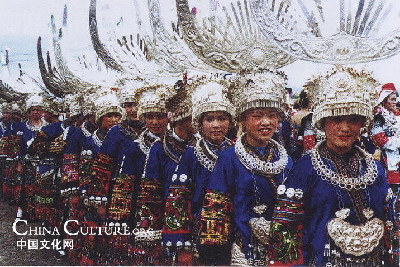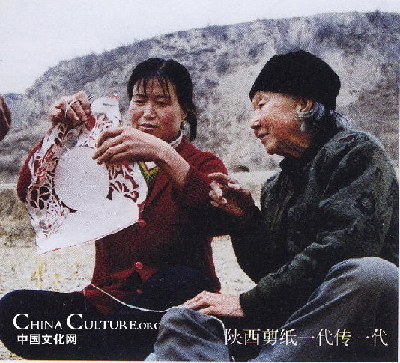How to balance the protection of cultural heritage and the development of the economy is a problem faced by farmers in the west of China.
Western China is a multinational region with diverse cultures, which were formed according to the different natural and cultural environment of different nationalities.
Nearly eighty or ninety percent of young people of the western rural areas are working in cities and those that are left are mostly elderly or children. As such the cultural heritage is hard to protect and pass down between the generations.
Taken from the side of the natural environment, the northwestern area faces severe problems: the disappearance of vegetation, the aggravation of soil erosion, the desertification of land, decrease of water and ice reserves and disappearance of oases. Further, more and more folk customs are being eroded today since most of them are thought to be superstitious, however, these so-called superstitious folk customs play an important role in protecting forests, lakes and rivers and even wild animals. Many folk cultures are actually a combination of human’s experiences with nature and the wisdom of ancestors.
As for the cultural environment, the agricultural civilization accompanied by the traditional and handmade technical pattern is being replaced by industrial civilization combined with electric and mechanical technical modes where a lot of western rural areas have built roads and set up electrical wares. With the visitors and TV sets flooding into villages, the traditional cultural symbols are swiftly being converted into modern ones. With changing values, the modern culture is held to be developed and preferable while the traditional local culture symbolizes lag, poor and rustic, so farmers often lose confidence and enthusiasm to pass down and preserve their own culture.



